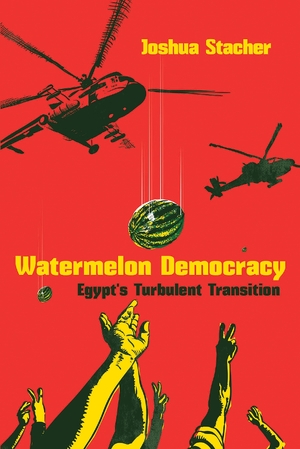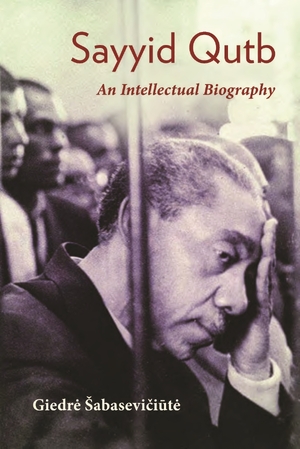"Offers one of the richest discussions of the Muslim Brotherhood’s internal discourse, helping readers understand how Islamists interpret their actions. The author’s close textual analysis makes it a valuable resource to both readers unfamiliar with the MB, and to scholars who are close observers of the movement."—International Journal of Middle East Studies
"Analysts of the Brotherhood have debated the group’s evolving perspective on politics and, in particular, its relationship to the group’s religious mission. In her timely and insightful account, Politics as Worship: Righteous Activism and the Egyptian Muslim Brothers, Pahwa considers this question directly and provides the most extensive take to date on the relationship between religion and politics in the Brotherhood’s ideology."—Journal of the American Academy of Religion
"In Politics as Worship Pahwa (politics, Scripps College) reconciles the political and religious aims of the Muslim Brotherhood in Egypt. Recommended."—Choice
"Substantive and methodological. Pahwa makes good use of the Arabic secondary sources about the Muslim Brotherhood in addition to analyzing primary Arabic-language material."—Samer Shehata, Colin Mackey and Patricia Molina de Mackey Associate Professor of Middle East Studies, University of Oklahoma
"Pahwa's fresh and rich account of Egypt's Muslim Brotherhood not only weaves religion more fully into our understandings but does so without marginalizing the social and political aspects of the movement. She does so by probing not merely doctrine and text but practice and behavior--and shows us how members and movement have formed themselves."—Nathan J. Brown, author of Arguing Islam after the Revival of Arab Politics
"A captivating exploration of the political and religious framework employed by the Muslim Brotherhood.... A must-read for everyone seeking to understand the inner dynamics of one of the oldest and most influential Islamist movements."—Khalil al-Anani, author of Inside the Muslim Brotherhood: Religion, Identity, and Politics
"Pahwa unearths a fascinating history of discussions and debate — often aimed primarily at an audience inside the organization — over the very meaning of politics and the value of political engagement."—Marc Lynch, author of The New Arab Wars
Description
Why do leading Islamist movements like the Egyptian Muslim Brothers embrace electoral politics while insisting that their main goal is “working for God,” and how do they reconcile political with spiritual goals? Expectations that tension between political and religious organizing would pull the movement apart were not realized when the Brothers achieved electoral success following Egypt’s 2011 uprising. Instead, movement “conservatives” rather than “moderates” came to dominate political work; and political activists framed the movement’s electoral mandate as both popular and divine—arguing that campaigning, policy, and legislation could all be forms of worship.
To understand how the movement threaded these disparate missions, Sumita Pahwa examines the movement’s internal debates on preaching, activism, and social reform from the 1980s through the 2000s. She explains how framing political work as ethical conduct, essential for building pious Muslim individuals as well as an Islamic political order, became central to the organization’s functioning. Through a comprehensive analysis of texts, speeches, public communications, interviews, and internal training documents, Pahwa offers a constructivist argument for how the movement has folded religious ideals into political discourse, enabling the leadership to shift the boundaries of justifiable and righteous action. Melding these aims, the Egyptian Muslim Brotherhood built an influential Islamic political project and a unified identity around “working for God.”
Table of Contents
Acknowledgments
Introduction
1. How to Act for Islam in the World
2. Cultivating Citizens and Representing Righteousness: Da‘wa and
Tarbiya through Electoral and Parliamentary Politics, 1984–1987
3. God and Rule: Political Empowerment and Applying Sharia
4. Political Work and the Practical Tarbiya of Welfarism
5. Shura, Sharia, Shar‘iyya: Applying Islam in Government
Conclusion
Glossary
Bibliography
Index
About the Author
Sumita Pahwa is associate professor of politics at Scripps College.
November 2023




